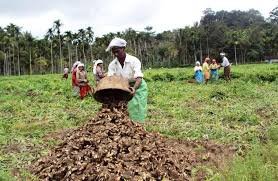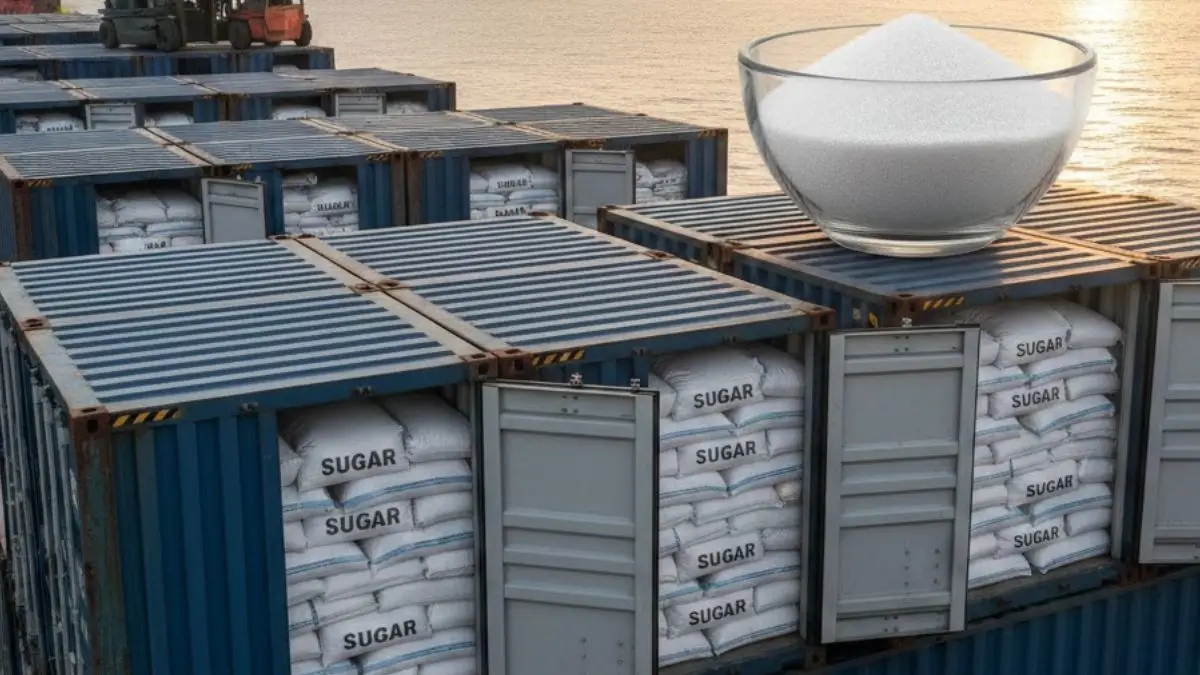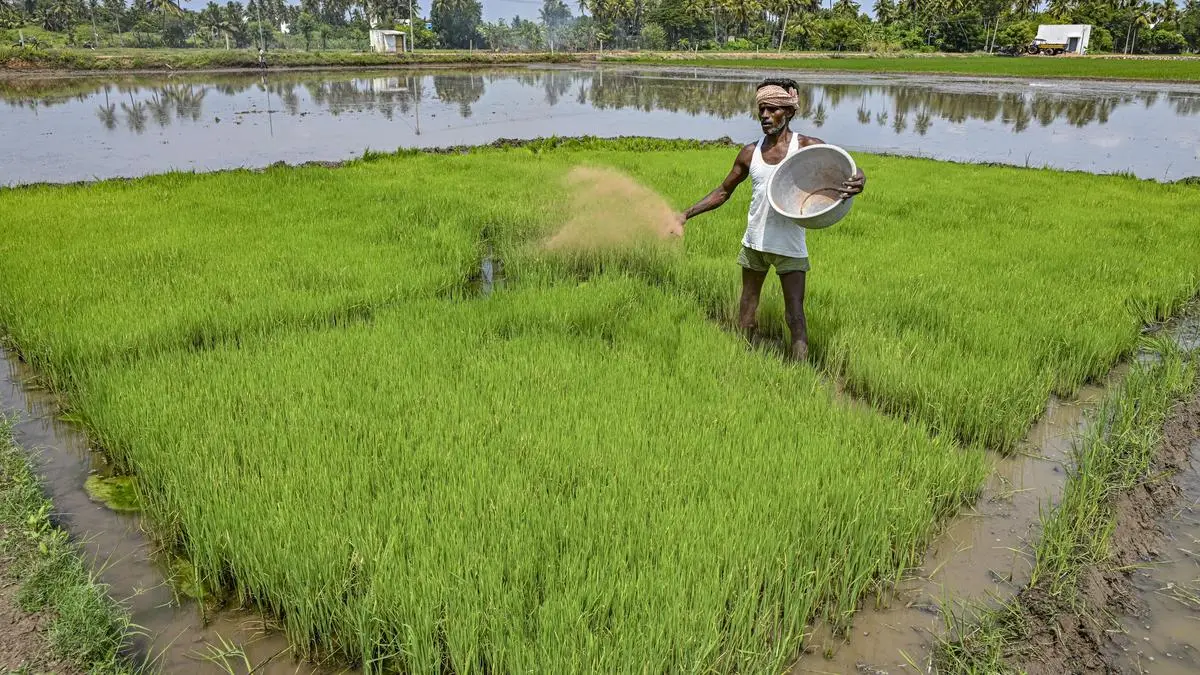Meghalaya – The Largest Ginger Producing State in India
Meghalaya has emerged as the largest ginger-producing state in India, contributing significantly to the nation’s agricultural output. The state’s unique climate and fertile soil provide ideal conditions for ginger cultivation, making it a leader in this spice’s production.
Meghalaya’s Climate and Soil: Ideal for Ginger
The northeastern state of Meghalaya boasts a subtropical climate with abundant rainfall and rich, loamy soil. These conditions are perfect for ginger cultivation, allowing the state to produce high-quality ginger that is sought after both domestically and internationally.
Economic Impact of Ginger Production in Meghalaya
Ginger farming in Meghalaya has become a vital part of the local economy, providing livelihoods for thousands of farmers. The state government has also implemented various schemes and subsidies to support ginger farmers, boosting production and improving the quality of life for rural communities.
Technological Advancements in Ginger Farming
Advancements in agricultural technology and practices have further enhanced ginger production in Meghalaya. The use of organic farming techniques, improved irrigation systems, and better pest control methods have all contributed to higher yields and better quality ginger.
Market Reach and Export Potential
Meghalaya’s ginger is not only popular within India but also has a growing demand in international markets. The state exports ginger to several countries, earning valuable foreign exchange and contributing to the overall economic growth of the region.

Why This News is Important
Boost to Agricultural Sector
The recognition of Meghalaya as the largest ginger-producing state highlights the potential of the agricultural sector in the northeastern region of India. This news serves as an inspiration for other states to improve their agricultural practices and increase their production capacities.
Employment and Income Generation
The increased ginger production in Meghalaya has provided employment opportunities and a steady income for many farmers and workers involved in the supply chain. This has a positive ripple effect on the local economy, reducing poverty and improving living standards.
Focus on Sustainable Farming
The success of ginger farming in Meghalaya underscores the importance of sustainable agricultural practices. Organic farming techniques and eco-friendly pest control methods adopted by the farmers ensure that the production is environmentally sustainable, setting a benchmark for other agricultural sectors.
Government Support and Policy Implications
This news also sheds light on the effective policies and support from the state government. It highlights the importance of government intervention in providing the necessary infrastructure, subsidies, and training to farmers, which can be replicated in other states to boost agricultural productivity.
Historical Context:
Traditional Practices
Ginger cultivation in Meghalaya has a long history, with traditional practices being passed down through generations. The indigenous knowledge of the local farmers has played a crucial role in sustaining ginger production over the years.
Government Initiatives
In recent years, the Meghalaya government has launched several initiatives to support ginger farmers. These include financial aid, training programs, and the introduction of modern farming techniques to increase yield and quality.
National and International Demand
Historically, India has been one of the largest producers of ginger globally, with states like Meghalaya contributing significantly to this status. The international demand for Indian ginger, known for its quality and flavor, has further encouraged the state to enhance its production capabilities.
Key Takeaways from Meghalaya – The Largest Ginger Producing State in India
| Serial No. | Key Takeaway |
|---|---|
| 1 | Meghalaya is the largest ginger-producing state in India. |
| 2 | The state’s climate and soil are ideal for ginger cultivation. |
| 3 | Ginger farming provides significant economic benefits to Meghalaya. |
| 4 | Technological advancements have improved ginger production. |
| 5 | Meghalaya’s ginger has a growing demand in international markets. |
Important FAQs for Students from this News
1. Why is Meghalaya the largest ginger-producing state in India?
Meghalaya has ideal climatic conditions and fertile soil that are perfect for ginger cultivation, leading to high-quality and abundant ginger production.
2. How does ginger farming benefit the economy of Meghalaya?
Ginger farming provides employment and a steady income for many farmers, boosting the local economy and improving living standards in rural communities.
3. What are the technological advancements used in ginger farming in Meghalaya?
Farmers in Meghalaya use organic farming techniques, improved irrigation systems, and better pest control methods to increase yield and improve the quality of ginger.
4. What role does the government play in supporting ginger farmers in Meghalaya?
The state government provides financial aid, training programs, and subsidies to support ginger farmers, helping to increase production and improve the quality of life for the farming community.
5. What is the international market potential for Meghalaya’s ginger?
Meghalaya’s ginger is in high demand internationally due to its quality and flavor, contributing to valuable foreign exchange and economic growth for the region.
Some Important Current Affairs Links

















